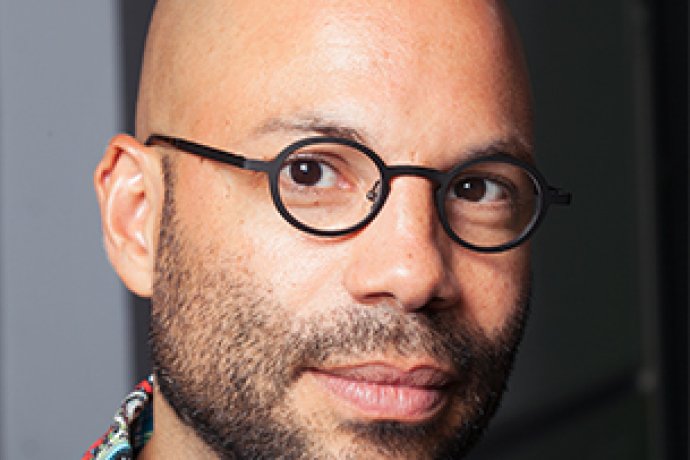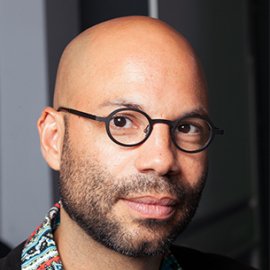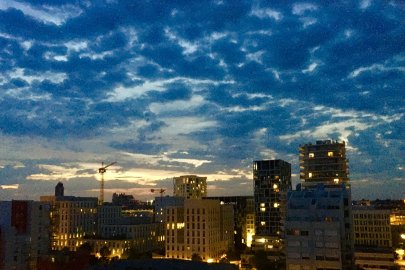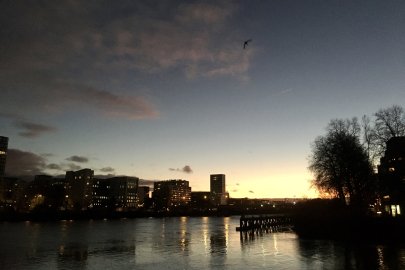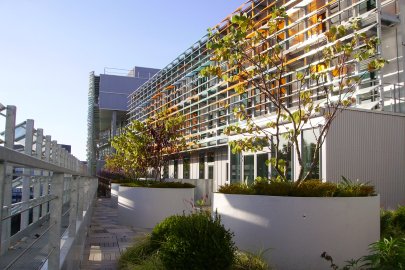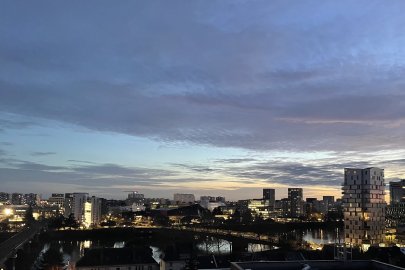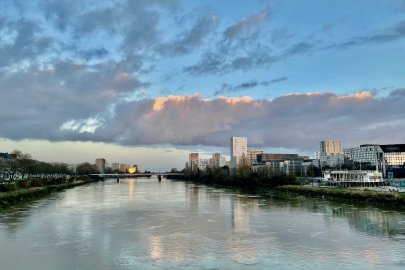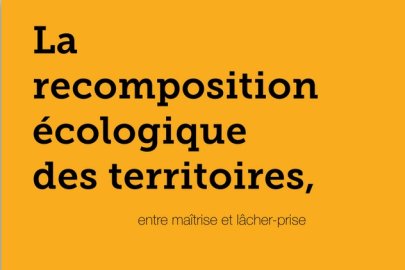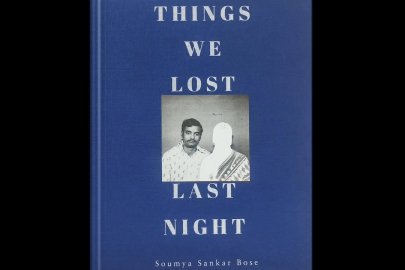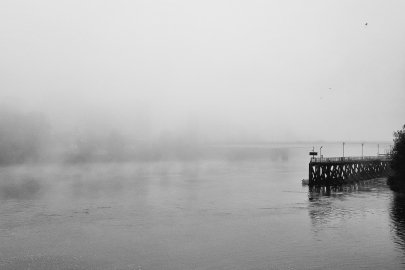Living with equity in this small world from which we come and in which we live
Sofiane Merabet
‘Where are you from?’ is the question I've been asked ever since I was old enough to be able to respond to the multiple queries I've been subjected to throughout my life as the child of a white mother and a black father.
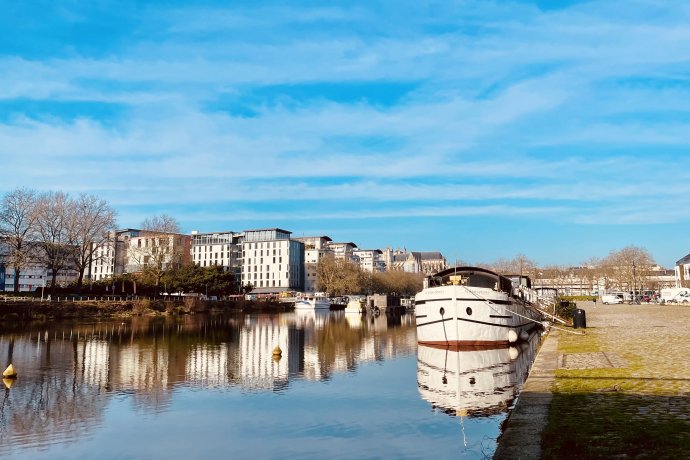
From the age of five when I started primary school, the question as such always unsettled me a little. Accordingly, responding to it had never really been easy for me. The usual perplexity of my facial expression often reinforced the doubts that certain people, children or adults, had about me. If I wasn’t able to answer this simple question, what did this inability reveal about my identity? Did I have something to hide? These were the questions, which people asked or thought about, that made me susceptible to their suspicions.
When I was in primary school, I had not yet mastered all the discursive constructs that I had to learn over the years as I pivoted between several languages, several cultures, several educational systems and, therefore, several ways of apprehending people’s desire to determine clear origins. The indelible question ‘Where are you from?’ was the undisputed symbol of this. Much later, as a young adult and having travelled the continents by leaving a large part of myself in the lands of Europe, North Africa, the Middle East and the Americas, I realised that these lands were subject to naming practices that were similar to the classificatory obsessions regarding individual and collective identities that I had previously experienced. They were merely conventions imposed by a history of continuous colonial hegemonies. However, a second question was quickly added to the first.
‘Where do you live?’ soon became a test I had to pass. Depending on the place, the meaning of the question changed. But this meaning was always attached to social concepts based on attributes of difference and, therefore, of hierarchy that included some and excluded others. Yet what does it mean ‘to live’ beyond the relationship that this verb has with the adverb ‘where,’ which together consistently question us about the place of our existence? Is it an assessment of exactly where we are in a space governed by socio-racial, linguistic and gender segregation, or is it rather an assumption aimed to determine the authenticity of the person under scrutiny? Or is it simply a scathing combination of the two, the quality of which is to accommodate the powers ‘in place’ in order to satisfy the desires to classify that some people have, and the wish upheld by others to maintain the various structures of domination?
To live in a certain neighbourhood, village, town or country marks us in the eyes of others, if not in our own eyes, which all too often remain dependent on the gaze of those around us. Not only are we expected ‘to be from’ somewhere specific, but we are also expected ‘to live’ in a certain place, and this in a certain way. But what would it mean for us to ‘inhabit a place in a different way’, to claim it as our own, even if we happen to share it with many of our neighbours? The answer to this question is undoubtedly complicated because it has to do with the ‘right of place,’ which frequently comes up against the opposition from those who demand it for themselves while categorically denying it to others. Yet it is only collectively that we can inhabit with equity this small world from which we come and in which we live. Together we will be able to engage this world ‘differently’ and move forward when it comes to ‘inhabiting the world with difference’, that is to say with all our critical spirit vigorously defying the bigotries that happen to also always be part of this same world.
